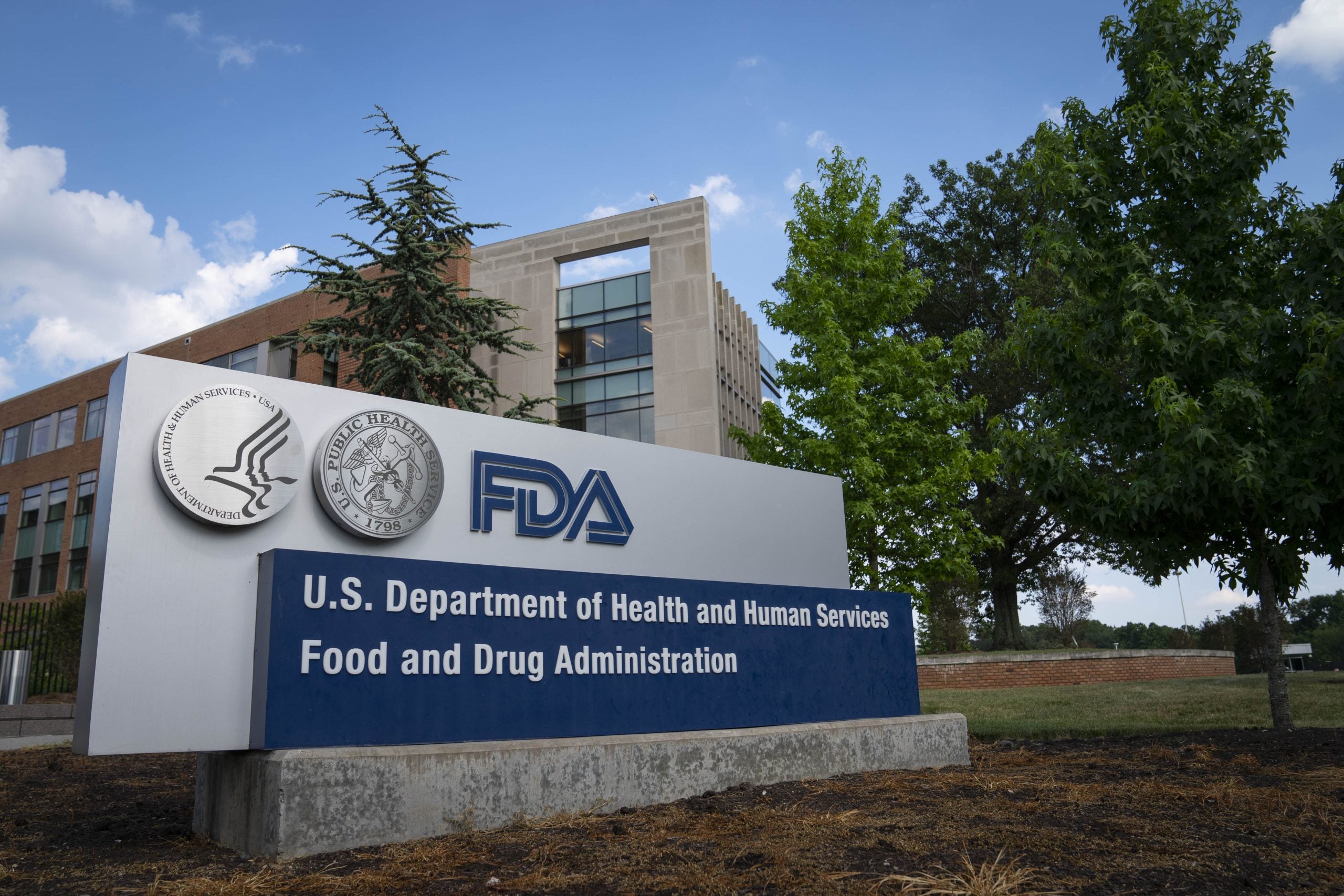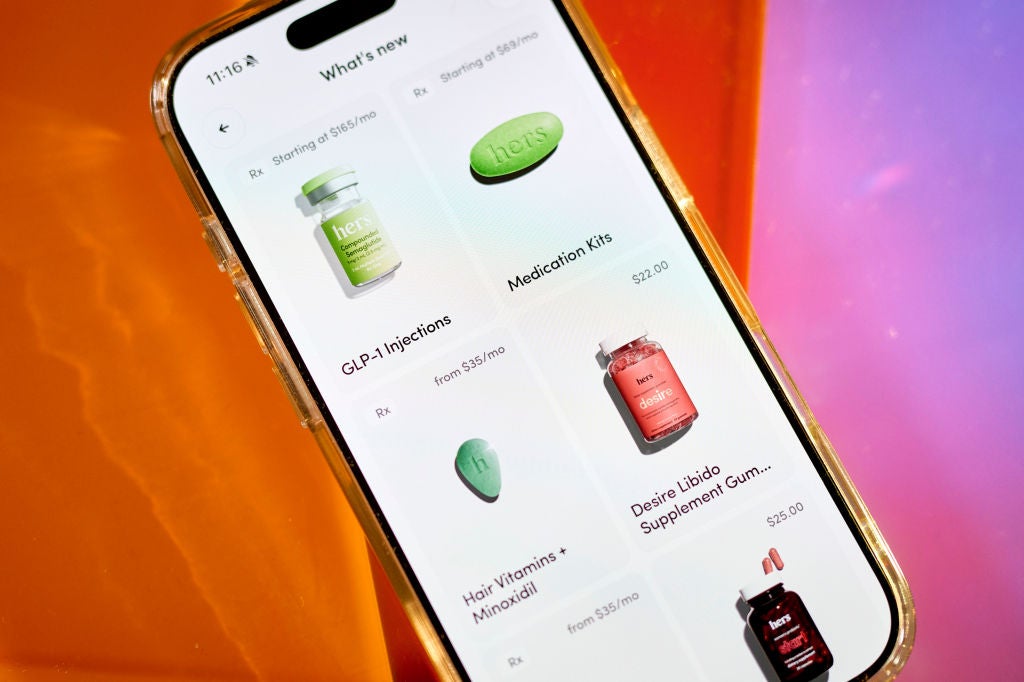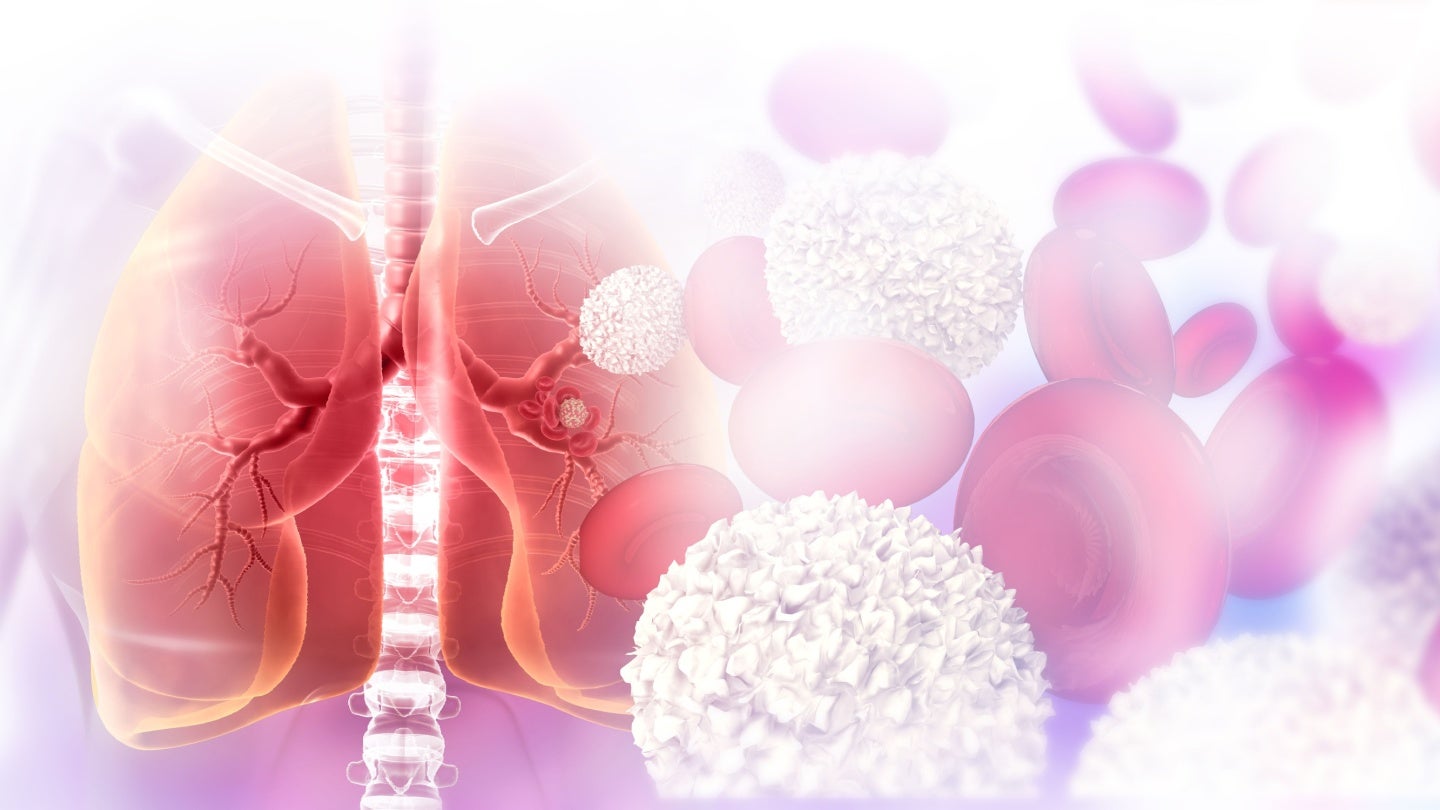Merck eliminates two preclinical Kelun programs to reduce its ADC pipeline
Merck & Co. has chosen to streamline its portfolio of antibody-drug conjugates (ADCs). This move comes shortly after the pharmaceutical giant’s acquisition of three assets from Daiichi Sankyo for a substantial $4 billion. Kelun-Biotech, a key player in Merck’s venture into ADCs over the past 18 months, has disclosed that Merck has discontinued its involvement […] The post Merck eliminates two preclinical Kelun programs to reduce its ADC pipeline appeared first on LifeSci Voice.

Merck & Co. has chosen to streamline its portfolio of antibody-drug conjugates (ADCs). This move comes shortly after the pharmaceutical giant’s acquisition of three assets from Daiichi Sankyo for a substantial $4 billion. Kelun-Biotech, a key player in Merck’s venture into ADCs over the past 18 months, has disclosed that Merck has discontinued its involvement in two preclinical ADC projects.
The collaboration between Merck and China’s Kelun has been quite prolific, with the companies quickly entering into three agreements, granting Merck access to three clinical candidates targeting TROP2 and CLDN18.2 and up to six preclinical prospects. With the rapid establishment of a pipeline comprising nine partnered programs, Merck has now conveyed its decision to withdraw from two of these preclinical projects to Kelun.
Specifically, Merck is canceling its license for one preclinical ADC and declining an option to take up a second preclinical program. Despite this, Merck has assured Kelun of its unwavering commitment to their broader ADC collaboration and expressed its intent to expedite the clinical development of the TROP2-directed MK-2870.
The foundation of the collaboration between Merck and Kelun remains intact, as they continue to work together to advance the lead partnered program, MK-2870, the CLDN18.2-directed MK-1200, and a third phase 1 asset. These three candidates are part of Merck’s comprehensive pipeline, which, following the addition of the Daiichi assets, covers a multitude of high-priority targets for ADCs.
Merck communicated its decision to Kelun the day after unveiling the Daiichi deal. The timing of this announcement, combined with the fact that ADC developers tend to focus on a limited number of targets, suggests that Merck may have opted to discontinue its involvement in the two preclinical Kelun programs because they target the same receptors as the clinical-phase ADCs acquired from Daiichi. The Daiichi agreement encompasses ADCs aimed at HER3, B7-H3, and CDH6.
Regardless of the rationale behind this decision, Merck’s choice to step back from these projects reopens the opportunity for the two ADCs. Kelun intends to continue working on these candidates and explore collaborative possibilities with other partners. Several Western pharmaceutical companies have recognized China as a productive source of ADCs, with AstraZeneca, BioNTech, and GSK among those that have initiated programs in the country.
The post Merck eliminates two preclinical Kelun programs to reduce its ADC pipeline appeared first on LifeSci Voice.
What's Your Reaction?

































